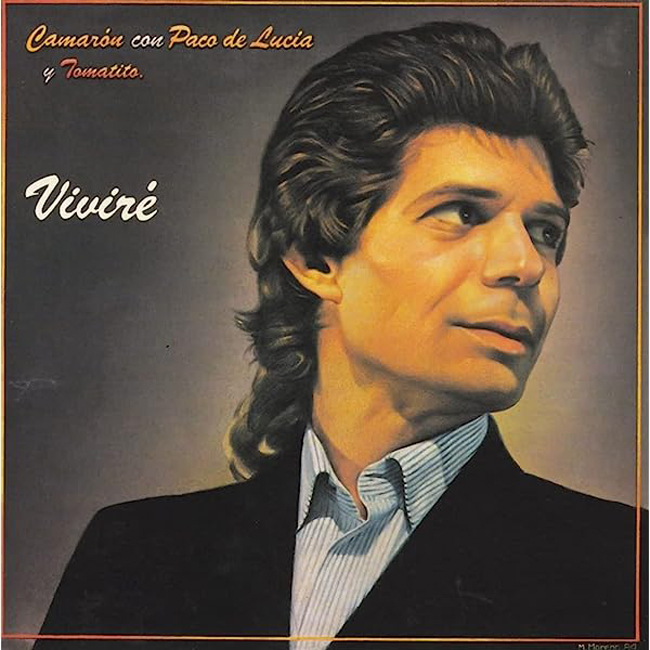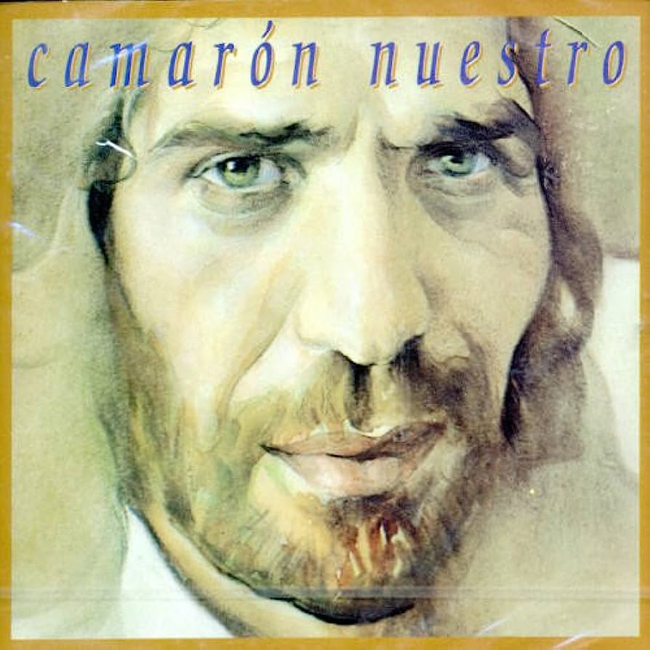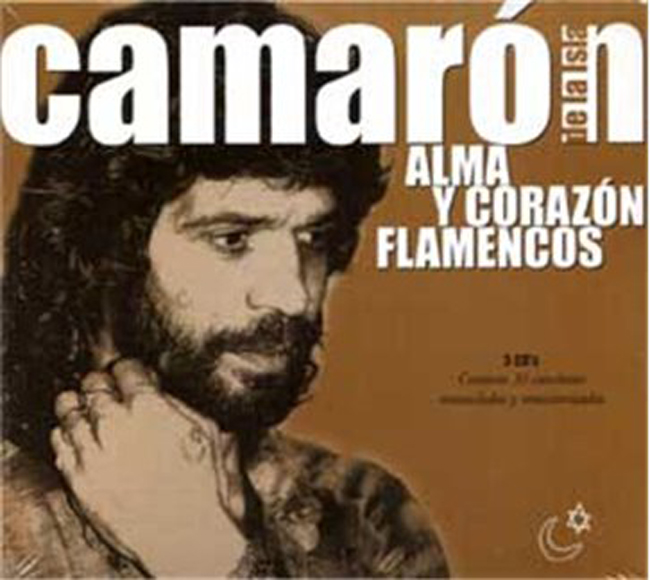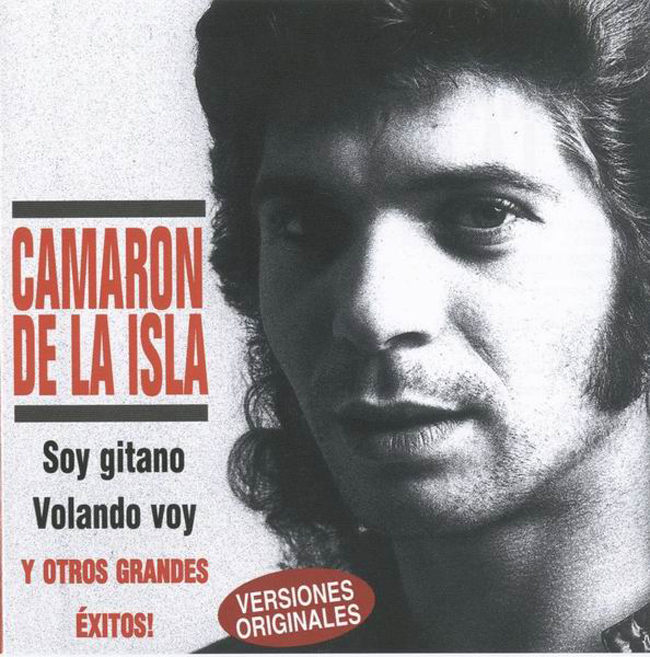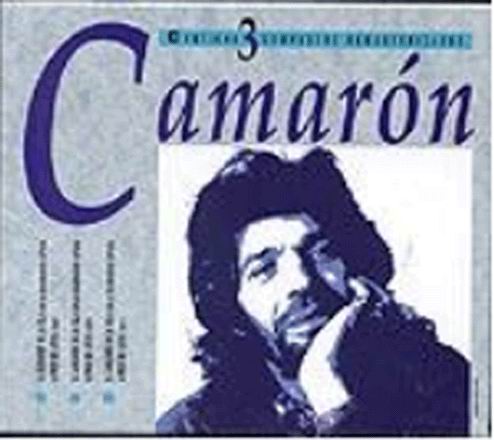- Contacto |
-
Teléfono
|
(+34) 91 542 72 51.
We’re open from Monday – Friday 10h-13:30h / 17:00-20:00h and Saturdays 10h-13:30h (GMT + 1).
In 2024, we will be closed for holidays on the 1st and 6th January, 28th, 29th, and 30th March, 1st, 2nd, and 15th May, 25th July, 15th August, 12th October, 1st and 9th November, 6th, 7th, and 25th December.
Our shop is located in Calle Campomanes nº 4, Madrid 28013 España (Ópera Metro Station) - Ayuda |
- Lista de precios |
- Situación de pedido |
- Acceso Mayoristas
- 🚚 📦 WORLDWIDE SHIPPING ✈️ 🌍
🚚 📦 WORLDWIDE SHIPPING ✈️ 🌍
Shipment period:
Shipment period 3 working days
Description:
Viviré' is the prelude bulería and has a structure almost identical to the one of 'Gitanos andaluces' by the Sextet, instead on this ocassion José sings and Tomatito is on the second guitar. 'Campanas del alba' is based on the cante for seguiriyas, which Camarón gives a superb interpretation to and is very well arranged by Joan Albert Amargós, who reminds us of Manuel de Falla - which is not a bad thing. 'Mi sangre grita' is a tango-rumba a-la Humanes with catchy refrains; the guitars play along the Jorge Pardo's flute and are joined at the end with chouruses and palms. The alegrías 'Mar amargo' also remind us of the Sextet, Benavent's bass comes in each time with the little toy 'Hacia la mar la vela' and stands out with with Paco de Lucía's falsettos. 'Ná más que'r día' is a tango where the entire group efficiently plays together and 'Nuestros sueños' resembles a tanguillo-rumba splendidly accomanied by the guitars, bass and cajón. Remaining are two bulerías on guitar and palms, 'Dios de la nada' by the Sextet and 'Tres luceros' which starts of on a major mode and varies on some short cante instead of fiesta recovering some of the Repompa. It is an excellent album from the begginning to the very last note.
Reviews:
Viviré' is the prelude bulería and has a structure almost identical to the one of 'Gitanos andaluces' by the Sextet, instead on this ocassion José sings and Tomatito is on the second guitar. 'Campanas del alba' is based on the cante for seguiriyas, which Camarón gives a superb interpretation to and is very well arranged by Joan Albert Amargós, who reminds us of Manuel de Falla - which is not a bad thing. 'Mi sangre grita' is a tango-rumba a-la Humanes with catchy refrains; the guitars play along the Jorge Pardo's flute and are joined at the end with chouruses and palms. The alegrías 'Mar amargo' also remind us of the Sextet, Benavent's bass comes in each time with the little toy 'Hacia la mar la vela' and stands out with with Paco de Lucía's falsettos. 'Ná más que'r día' is a tango where the entire group efficiently plays together and 'Nuestros sueños' resembles a tanguillo-rumba splendidly accomanied by the guitars, bass and cajón. Remaining are two bulerías on guitar and palms, 'Dios de la nada' by the Sextet and 'Tres luceros' which starts of on a major mode and varies on some short cante instead of fiesta recovering some of the Repompa. It is an excellent album from the begginning to the very last note.












